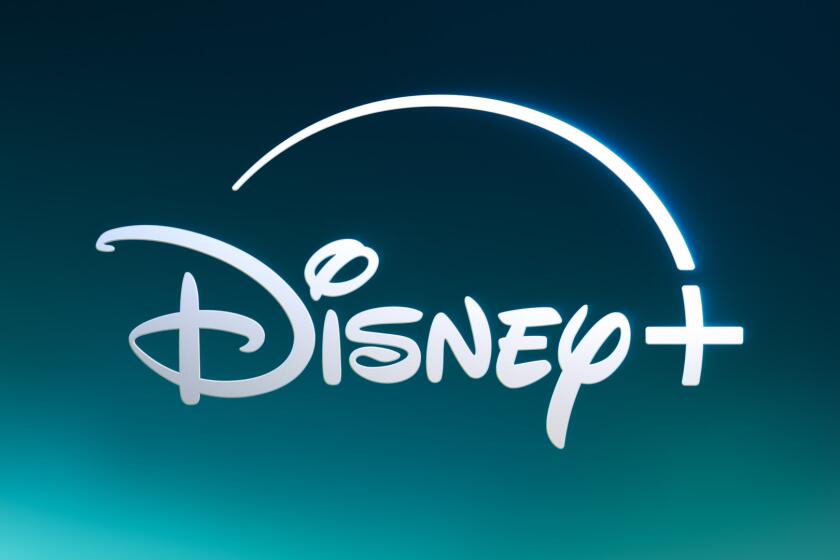Europe’s TV Wars
- Share via
Most of Europe made the transition from state-dominated television to a deregulated market about a decade ago, resulting in a doubling of the number of channels and advertising revenues. The next battleground is pay television, which could increase the number of channels--from 100 now to 1,800 in 1998, according to one estimate. Here is a look at the major players seeking to dominate the pay TV industry:
Bertelsmann Group: The 161-year-old firm based in Gutersloh, Germany, is the biggest media company in both Germany and Europe. This closely held giant’s previous forays into television have been largely unsuccessful; its private channel, Vox, was saved from bankruptcy two years ago by Rupert Murdoch. It’s also considered weak in programming. Analysts expect an alliance in digital satellite pay TV between Bertelsmann, British Sky Broadcasting, Canal Plus and Havas to test the company’s skills in running a pay TV venture.
Kirch Group: This Munich-based venture, owned by the reclusive Leo Kirch, Germany’s No. 2 media tycoon, does business through 40 interwoven companies in Switzerland, Austria, Italy, the U.S. and several Eastern European countries. Kirch holds a portion of the rights, along with Canal Plus and Bertelsmann, to Premiere, Germany’s only pay TV service, with more than 1.1 million subscribers. Kirch, boasts that his company holds rights to 15,000 movies and 50,000 hours of programming, allowing it to dominate in content.
News Corp.: Chairman Rupert Murdoch’s company holds a 40% stake in the London-based pay TV venture British Sky Broadcasting, which says it has more than 5 million subscribers. Murdoch’s satellite empire, which includes the Hong Kong-based Star TV, reaches most of Europe, with interests in channels in the fast-growing German and French markets. Although strong on the content side, BSkyB has been considered the dark horse in Europe’s transition to digital television; it delayed launch of its digital satellite service until 1997.
Canal Plus: Europe’s largest pay TV company is also strong on the content side, having won a bidding war for Carolco Pictures’ film library earlier this month. It has been a regular buyer of film rights from other Hollywood studios since it was founded in 1984. The firm has interests in pay TV stations in Germany, Spain and Belgium. It has launched a pay TV channel in Poland and plans to extend its reach to Chile. Canal Plus’ main shareholders are Havas, General des Eaux and Societe Generale, which together control just under 49% of the company.
NetHold Group: The Netherlands-based company, Europe’s third-largest TV operator, is 50%-owned by South African program supplier Multi Choice Ltd., with the other 50% held by Richemont, a Swiss-registered holding company. NetHold holds a 25% stake in Telepiu, the Italian pay TV channel. This month, Telepiu became the first broadcaster in Europe to launch a digital satellite service called DSTv, owned in part by NetHold, Kirch and Fininvest. NetHold has sought to be a leader in digital TV. The firm launched a multichannel digital satellite service for all of Africa in November and plans to release a similar service in the Middle East this year. The company owns FilmNet, Europe’s second-largest pay TV network, which was launched in Greece, Cyprus and most of Central Europe in 1995.
Sources: Times and wire reports, Lehman Bros.
(BEGIN TEXT OF INFOBOX / INFOGRAPHIC)
Pay TV Growth in Europe
Subscribers, in millions:
2004: 32.3
Percentage of homes receiving pay TV:
2004: 21.7%
Note: 1996-2004 are projections.
More to Read
The biggest entertainment stories
Get our big stories about Hollywood, film, television, music, arts, culture and more right in your inbox as soon as they publish.
You may occasionally receive promotional content from the Los Angeles Times.









